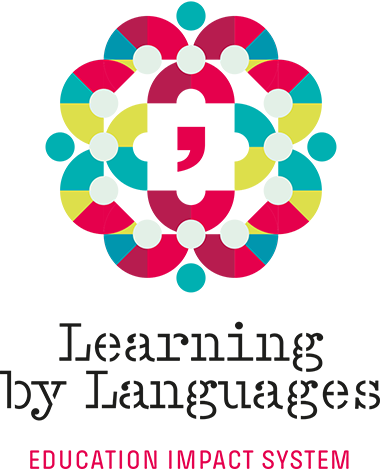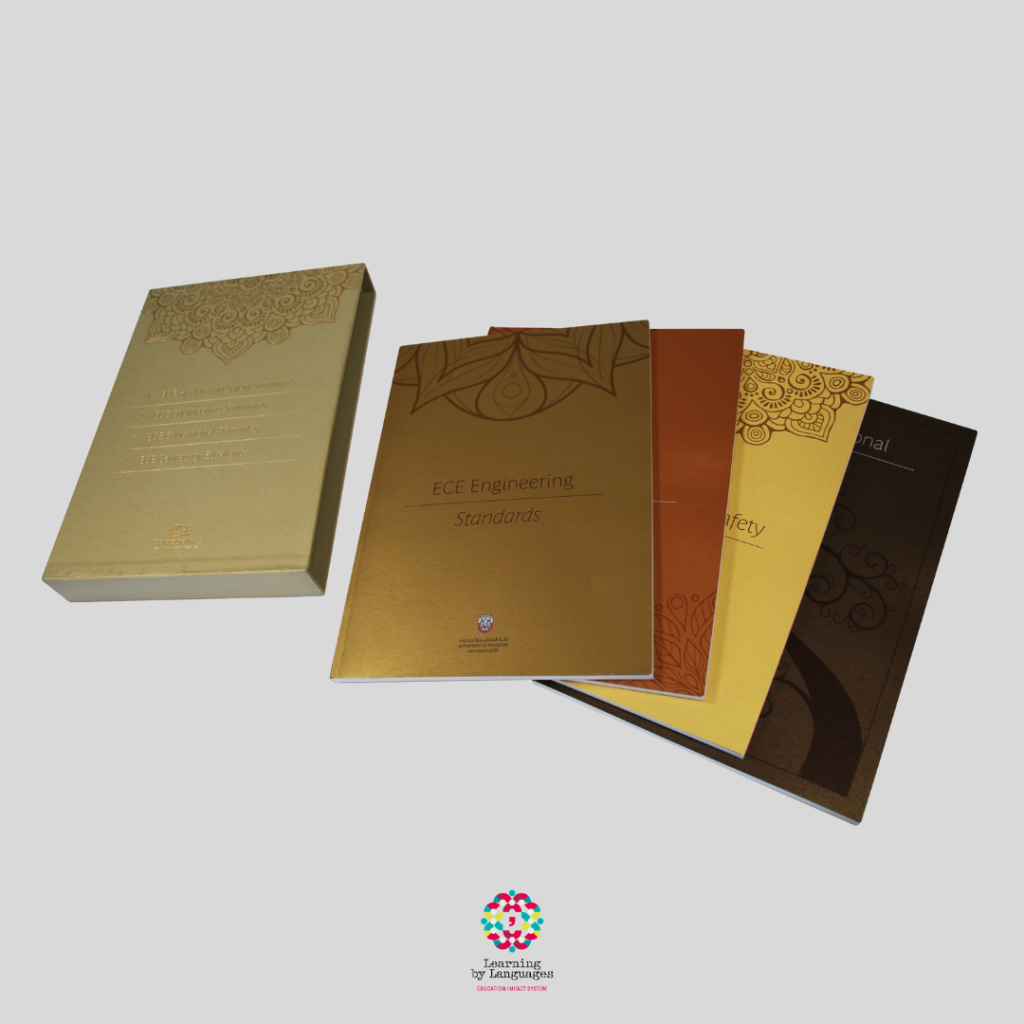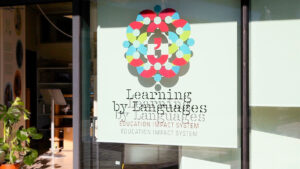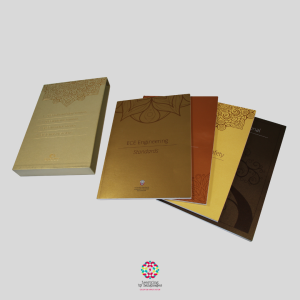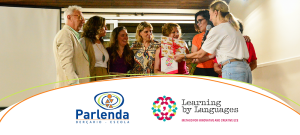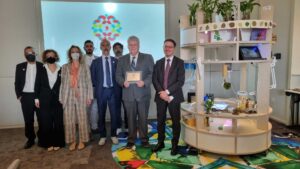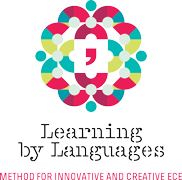An integrated project to enhance the quality of 0–5 educational services in Abu Dhabi
Context
As part of the United Arab Emirates’ “Vision 2021” strategy, the Abu Dhabi Department of Education and Knowledge (ADEK) launched a reform of the early childhood education system. The goal was to create a model of excellence for 0–5 services—capable of attracting investments, ensuring widespread quality, and placing the child at the center of educational priorities.
In this process, ADEK selected the Learning by Languages® team for a comprehensive technical-pedagogical consultancy.
Objectives
- Define clear and innovative quality standards for the creation and management of educational services for the 0–5 age group.
- Build a regulatory and operational framework capable of guiding both public and private investments in the educational sector.
- Integrate the Learning by Languages® method with international approaches, European best practices, and the local cultural and regulatory context.
The Contribution of Learning by Languages®
The project involved multiple levels, within an integrated and multidisciplinary process:
- Pedagogical Guidelines: Defining educational principles and criteria for 0–5 settings, inspired by socio-constructivist models and grounded in real-world experience from educational services.
- Engineering Standards: Establishing technical and architectural standards for the design of spaces and furnishings, aligned with the pedagogical project and focusing on safety, accessibility, sensory and aesthetic quality, and sustainability.
- Health & Safety Standards: Developing international parameters adapted to local regulations to ensure the physical and emotional well-being of both children and adults.
- Business Planning and Investor Kit: Creating practical tools to assess the economic sustainability of educational projects and support the attraction of private investment.
The consultancy was conducted through ongoing dialogue with ADEK representatives, embracing a perspective of institutional co-design and integration of educational, management, and structural aspects.
Results
- Production of detailed, structured, and practical technical documentation adopted as a reference for new educational services.
- Introduction of quality assessment tools that can be replicated nationwide
- Strengthening institutional competencies in integrated educational design
- Promotion of a sustainable, innovative, and culturally rooted model
Significance
This project demonstrates how it is possible to build high-quality educational systems based on an integrated vision in which pedagogy, architecture, governance, and economic sustainability work in synergy with local culture. Working with ADEK allowed our team to leverage cross-disciplinary expertise and contribute to defining a 0–5 educational model capable of evolving, becoming firmly established, and creating value.
